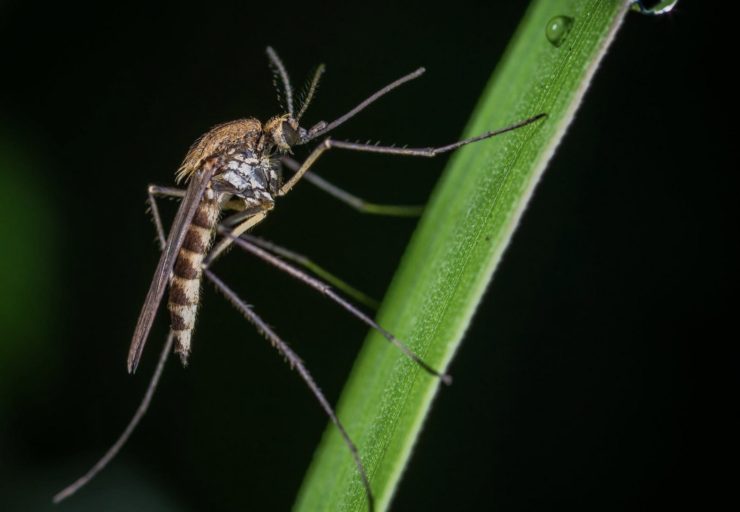
Drone technologies are once again being called upon to aid in humanitarian causes. In this particular situation, drones are being used on the front lines of the fight against the mosquito borne disease, malaria. Malaria is a disease that causes a sickness that is similar in symptoms to the flu, which causes a quarter of all child deaths under the age of 5 in nations like Malawi.
A new initiative developed under the guidance of UNICEF has established a flight corridor for drones in Kasungu, Malawi which is an 80 km area in which drones can fly and collect aerial footage of the landscape. So far, the drone flights in this area have been utilized for the transport of supplies and for training future pilots of drones so they can make use of UNICEF’s outlined “Drones for Good” project.
The goal of this program is to find the breeding grounds of mosquitoes, a process that involves locating the areas where mosquitoes lay their eggs. While workers on the ground search and locate individual larvae, the drones fly above, capturing images of areas where the discoveries are made. These images are then used to generate maps that can pinpoint the location of mosquitoes in the dry season when they are much harder to locate.
Finding the mosquito’s off season breeding grounds is a significant step forward in both drone technology and malaria control. The drones are being used by researchers to narrow their search for mosquitoes, but the researchers are also working to make the drones user friendly so they may be utilized by locals for malaria control in the future.
The simple drone system could be a new tool in helping to control the mosquito population to reduce the high rates of malaria. However, if the drones can help pinpoint the breeding grounds, then the project could expand and aid in other remote locations around the world. Overall, the malaria reduction process using drones is well under way and showing promising results. When combined with other humanitarian efforts such as education and mosquito nets, the number of malaria related deaths could decline even further.
|